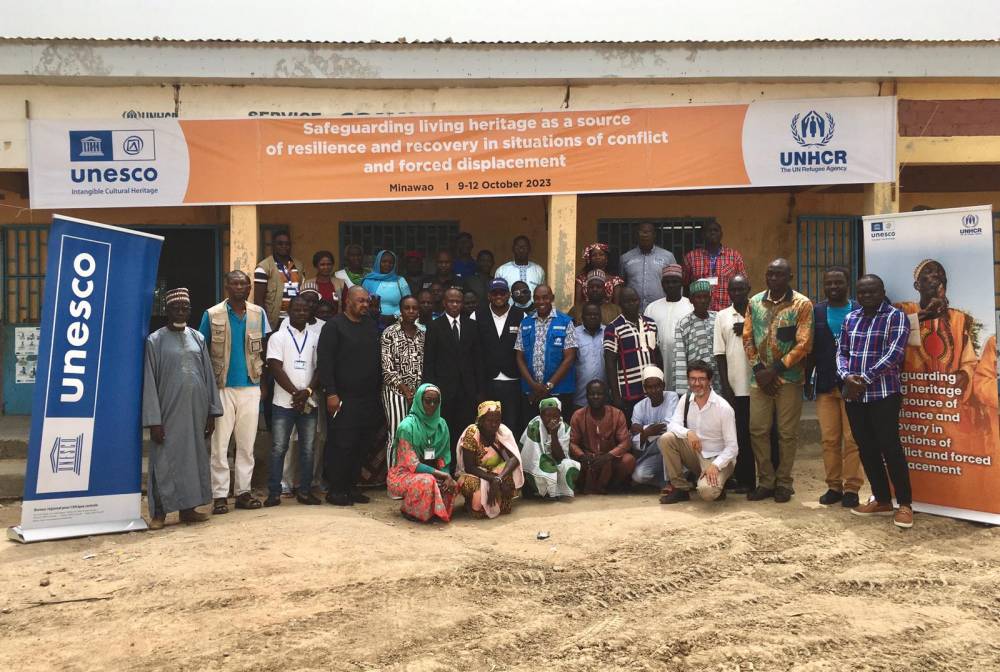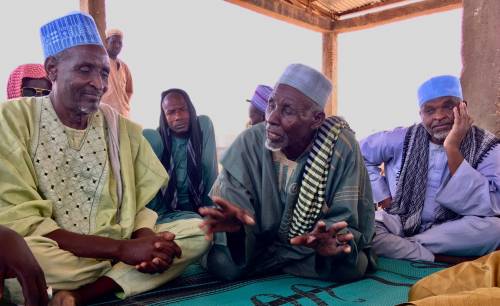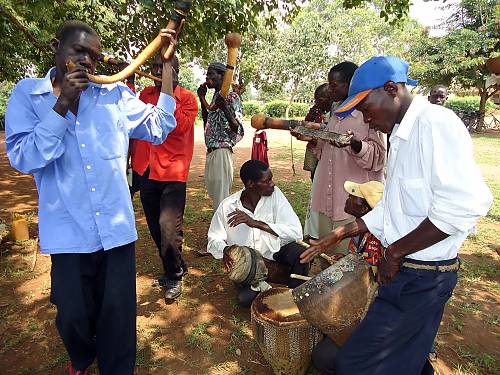During 9 to 12 October 2023, UNESCO organized a training workshop in Minawao Refugee Camp, Cameroon, focused on community-based approaches for safeguarding living heritage in situations of conflict and forced displacement.
Minawao, located in Cameroon’s northern border, hosts more than 70,000 refugees, many of whom have fled violence linked to Boko Haram in neighboring Nigeria. Previous surveys conducted by UNESCO with refugees, have shown how despite their displacement, communities may continue to transmit and recreate their living heritage, as a driver for peace, a source of belonging, psychological support, and social and economic resilience.
Organized by the Multisectoral Regional Office of UNESCO for Central Africa, and in close collaboration United Nations High Commissioner for Refugees (UNHCR) Cameroon, the workshop sought to strengthen awareness of the dual role of living heritage in emergencies: both as being under threat and as a valuable resource that communities may drawing on as a coping mechanism.
Workshop participants included community leaders and representatives from Minawao Camp, as well as living heritage bearers from the three neighboring host communities. In addition, representatives from the Ministry of Arts and Culture, UNHCR and other humanitarian agencies and development partners participated, with the aim to enhance awareness of the important role that living heritage may play for displaced communities. This initiative was generously funded by the Government of the Republic of Azerbaijan through an earmarked voluntary contribution to the Intangible Cultural Heritage Fund.
The workshop was part of the capacity-building project strengthening capacities for safeguarding intangible cultural heritage in situations of conflict and forced displacement.
The project is a follow-up to the Operational Principles and Modalities for Safeguarding Intangible Cultural Heritage in Emergencies, adopted by the General Assembly of States Parties to the Convention in 2020.
- Further information on living heritage in emergencies.



